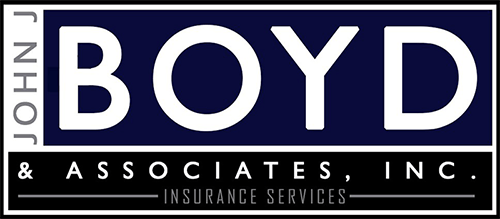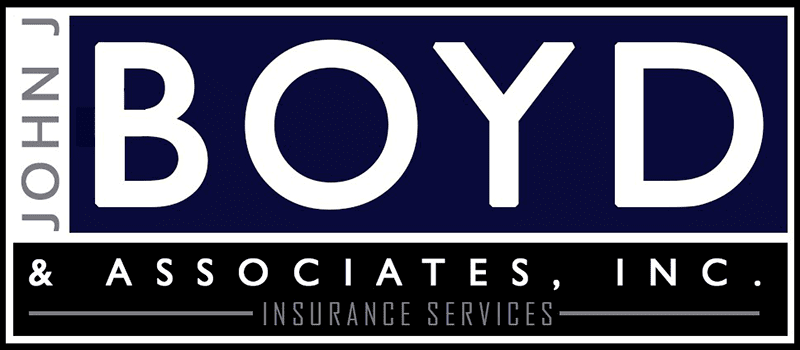
Home »
Protect, attract, and retain your team by building an employee benefits package.
Featured Coverages
All Other Coverages
Let’s Get Started
Request an Insurance Quote
"*" indicates required fields
Don’t like forms? Contact us at 586-314-3400 or info@johnjboyd.com.

